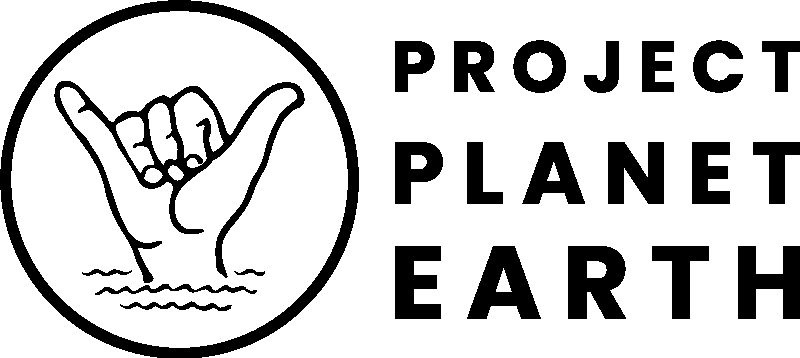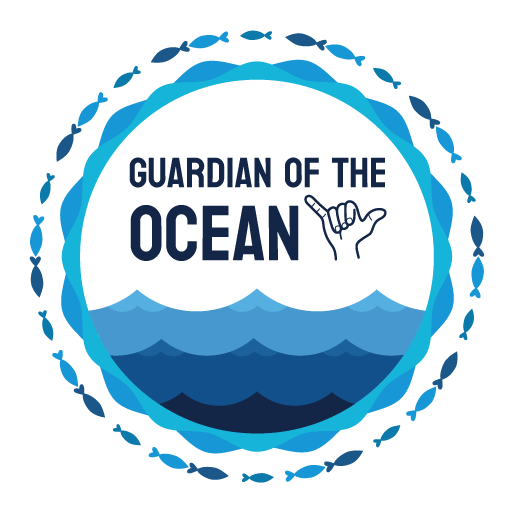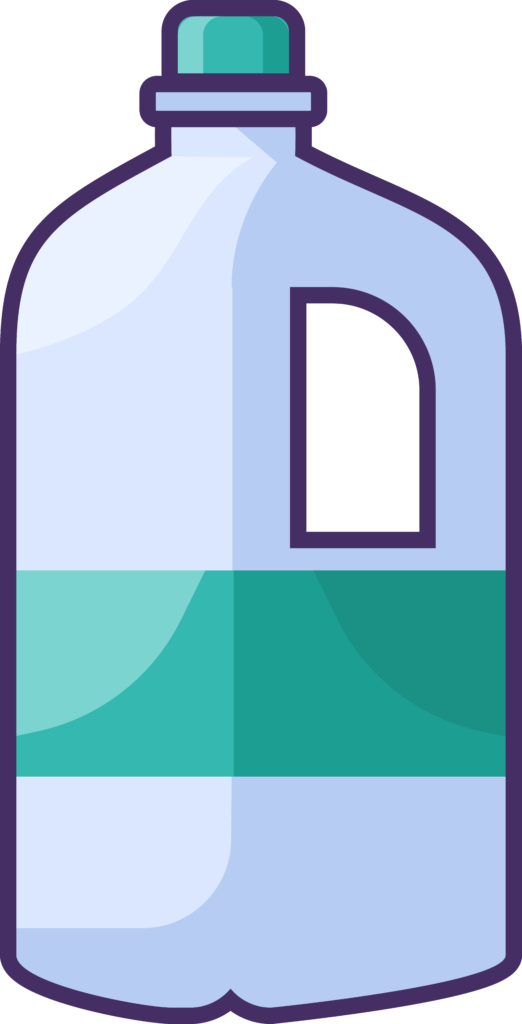The impacts of plastic pollution are far-reaching and severe. Marine animals mistake plastic debris for food, which can lead to choking, entanglement, and poisoning. Microplastics, tiny pieces of plastic that are smaller than 5 millimeters, have been found in seafood and even in the salt we consume, raising concerns about the potential health impacts on humans.
The production of plastic is also a major contributor to greenhouse gas emissions, further exacerbating the climate crisis. Plastic is made from fossil fuels, and its production and disposal generate significant greenhouse gas emissions. This creates a vicious cycle: as the climate warms, more plastic waste is generated, which in turn contributes to even more emissions.
We cannot afford to ignore the plastic pollution crisis any longer. It’s time for individuals, businesses, and governments to take action to reduce plastic waste, increase recycling rates, and transition to more sustainable alternatives. By working together, we can create a healthier, cleaner, and more sustainable future for ourselves and for the planet.
- The majority of ocean pollution comes from land-based sources, such as runoff from agriculture, industrial waste, and sewage.
- Plastic pollution is one of the most significant types of ocean pollution, with millions of tonnes of plastic waste entering the oceans each year.
- Plastic waste in the oceans is harmful to marine wildlife, who can become entangled in it or mistake it for food.
- Chemical pollution is another significant type of ocean pollution, with toxic substances like pesticides and heavy metals affecting marine ecosystems.
- Oil spills are a significant cause of ocean pollution, with devastating consequences for marine wildlife and local economies.
- Ocean pollution has economic impacts, such as damaging fisheries, tourism, and coastal communities.
- Climate change is exacerbating ocean pollution by increasing the acidity of the oceans, making it more difficult for marine organisms to survive.
- The Great Pacific Garbage Patch is a massive accumulation of plastic waste in the Pacific Ocean, estimated to be twice the size of Texas.
- Microplastics, tiny pieces of plastic less than 5 millimeters in size, are also a significant form of ocean pollution.
- Ghost fishing gear, such as abandoned fishing nets and lines, can continue to trap and kill marine wildlife long after they have been discarded.
- Noise pollution from shipping and sonar can disturb and harm marine wildlife, such as whales and dolphins.
- Coral reefs, which are essential marine ecosystems, are threatened by ocean pollution, including warming waters, acidification, and sedimentation.
- Mercury pollution from coal-fired power plants can contaminate ocean ecosystems, leading to mercury accumulation in fish and other marine wildlife.
- Sewage pollution can cause outbreaks of harmful bacteria and viruses, leading to beach closures and illness in humans and marine wildlife.
- Climate change is also causing ocean pollution by increasing the amount of plastic waste and other debris that is washed into the oceans during extreme weather events.
- Plastic bags and straws are among the most common forms of plastic waste found in the oceans.
- Ocean pollution affects not just the oceans themselves, but also the atmosphere, as greenhouse gases can be released from marine ecosystems impacted by pollution.
- Improperly discarded cigarette butts can also contribute to ocean pollution, as they contain toxic chemicals that can harm marine wildlife.
- Some countries and organizations are working to combat ocean pollution, such as by implementing bans on single-use plastics and investing in more sustainable waste management practices.
- Individual actions, such as reducing plastic use and properly disposing of waste, can also make a difference in reducing ocean pollution.



